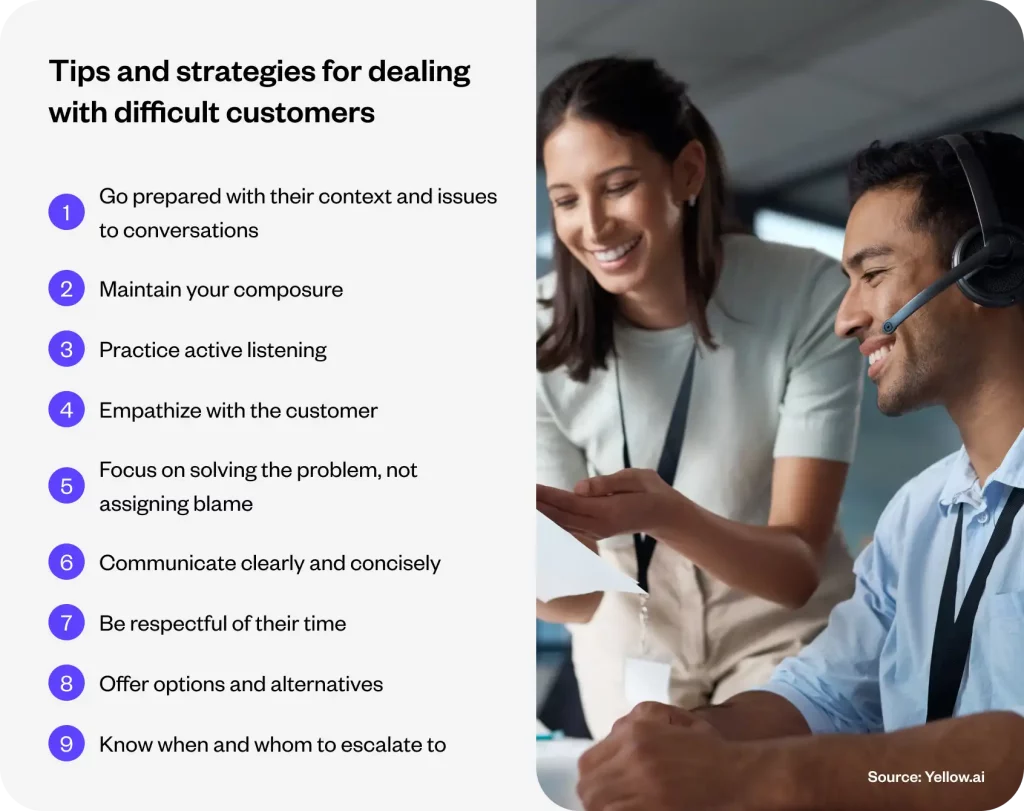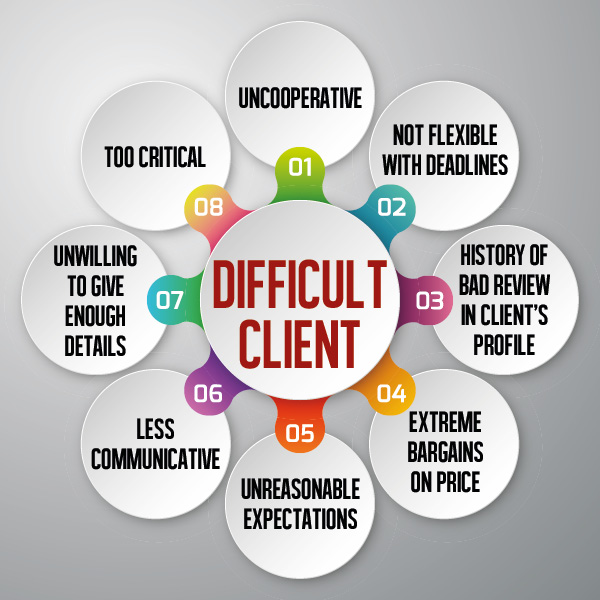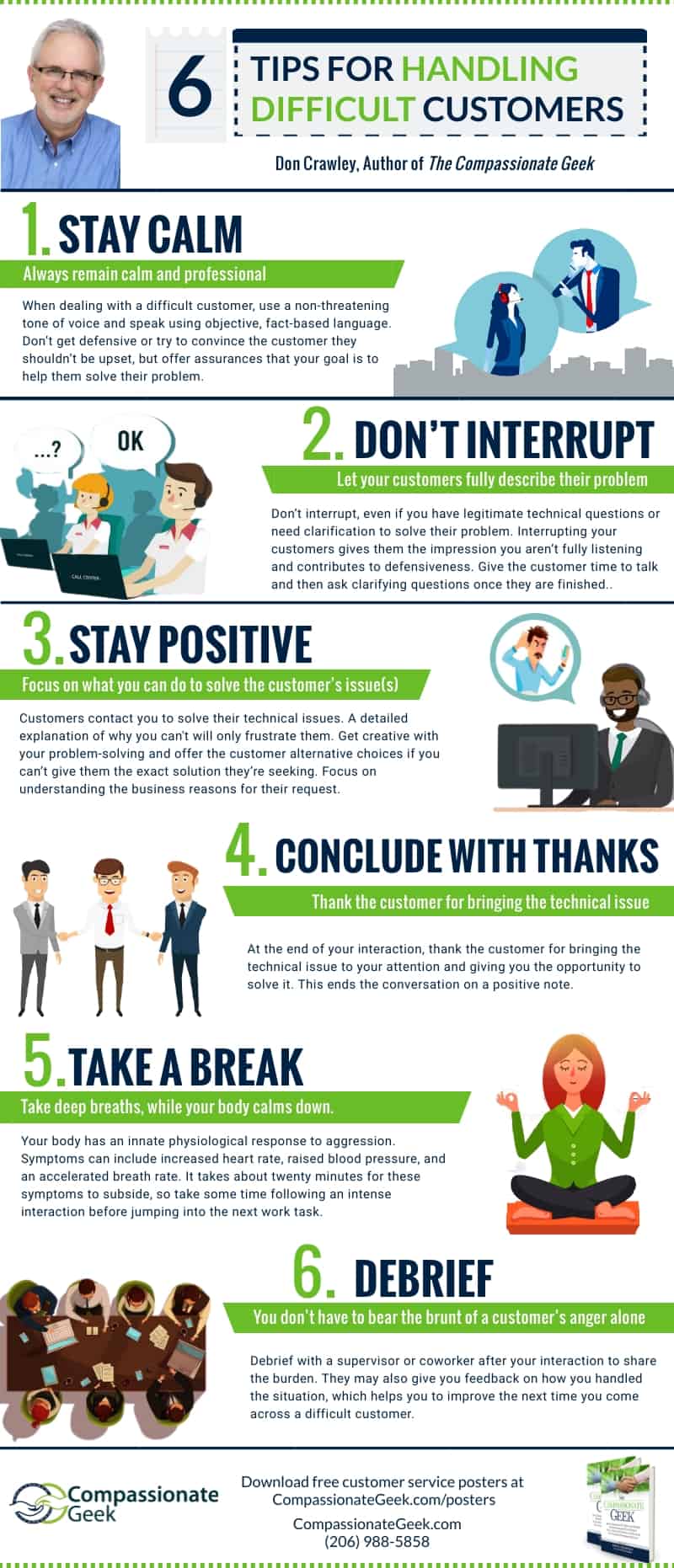How To Deal With A Difficult Client

Navigating the professional landscape often involves interacting with a diverse range of clients. While many client relationships are smooth and productive, encountering difficult clients is an inevitable aspect of business. Understanding effective strategies for managing these challenging interactions is crucial for maintaining professional well-being and ensuring project success.
This article explores practical approaches to dealing with difficult clients. These methods aim to foster constructive communication, mitigate conflict, and ultimately achieve mutually agreeable outcomes.
Understanding the Challenge
A "difficult client" can manifest in various ways. It could mean unrealistic expectations, constant complaints, or outright hostility. According to a 2023 survey by Harvard Business Review, 65% of professionals reported dealing with a difficult client at least once a month, highlighting the prevalence of the issue.
The key is to recognize the signs early and proactively address potential issues.
Strategies for Engagement
Establish Clear Expectations
Ambiguity often breeds misunderstanding. Laying out explicit project goals, timelines, and deliverables from the outset is essential. Contractual agreements should be unambiguous, detailing responsibilities of both the client and the service provider.
This can be achieved through detailed project proposals and regular progress updates.
Active Listening and Empathy
Sometimes, a client's frustration stems from feeling unheard. Practicing active listening - paying attention, acknowledging their concerns, and reflecting back what you've heard - can diffuse tension. Try to understand the client's perspective, even if you don't agree with it.
Empathy can bridge communication gaps and build rapport.
Document Everything
Maintaining a detailed record of all communications, agreements, and decisions is vital. This documentation serves as a reference point in case of disputes or misunderstandings. Use project management software or dedicated communication logs.
Transparency and clear documentation can prevent future conflicts.
Set Boundaries
While client satisfaction is important, it shouldn't come at the expense of your well-being. Clearly define your availability and response times. Politely decline unreasonable requests that fall outside the scope of the agreed-upon work.
This preserves a healthy work-life balance and prevents burnout.
De-escalate Conflict
If a client becomes angry or aggressive, remain calm and professional. Avoid getting defensive or escalating the situation. Use a neutral tone and focus on finding a solution.
If the situation becomes too heated, consider taking a break and revisiting the conversation later.
Know When to Walk Away
Sometimes, despite your best efforts, a client relationship becomes unsustainable. If the client is consistently abusive, refuses to cooperate, or demands unethical practices, it may be necessary to terminate the relationship. Consult with legal counsel before taking this step.
Protecting your reputation and well-being is paramount.
Impact and Implications
Effectively managing difficult clients is not just about individual project success. It has broader implications for a company's reputation and employee morale. Companies with strong conflict resolution strategies are better positioned to retain clients and attract new business.
Investing in training for employees on conflict resolution and communication skills is a valuable investment.
The ability to navigate challenging client interactions is a critical skill in today's business environment. By understanding the common causes of client dissatisfaction and implementing proactive strategies, professionals can mitigate conflict, build stronger relationships, and achieve better outcomes. Remember that clear communication, empathy, and well-defined boundaries are the cornerstones of successful client management, even in the face of adversity. Understanding the strategies outlined are important to not only keep peace between you and your clients, but also keep morale within your company.


















